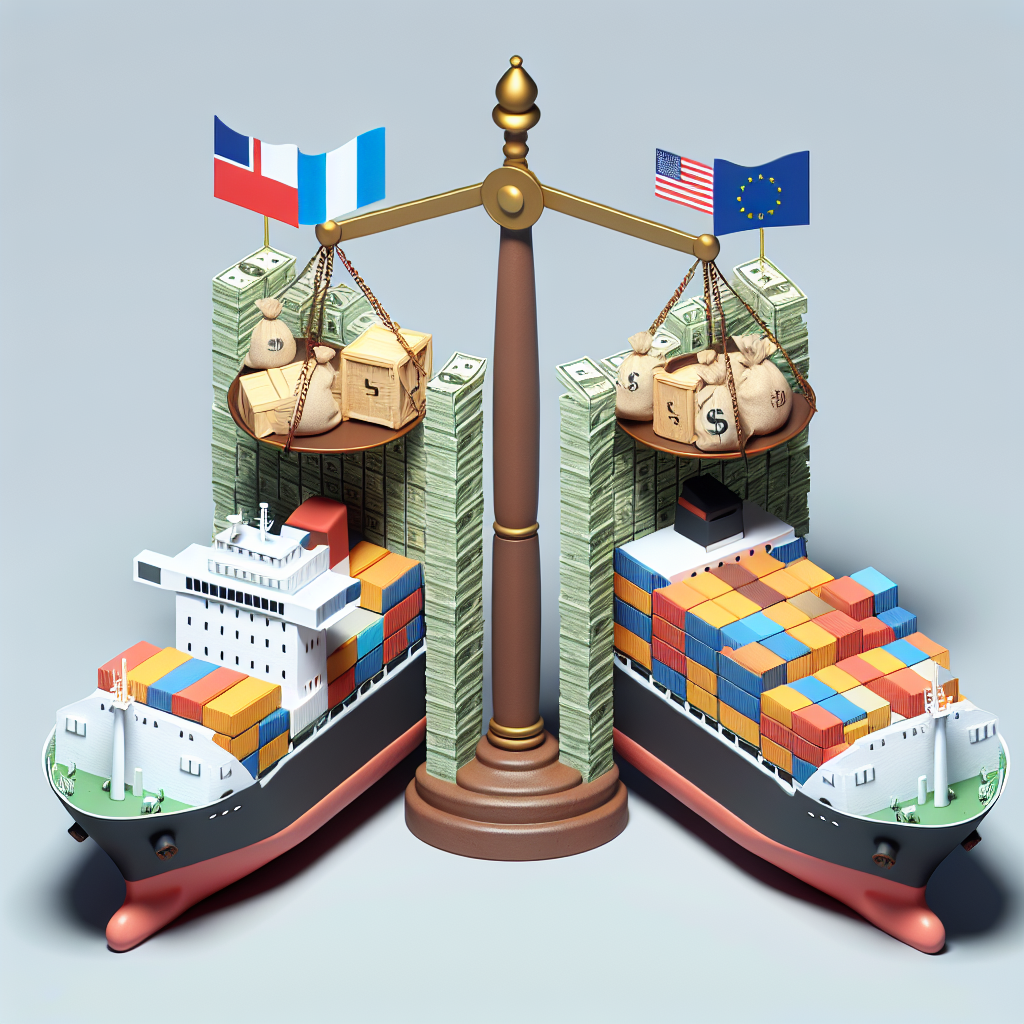Tariffs Melt the Chocolate Industry: A Bitter Twist for U.S. Manufacturers
U.S. President Trump's tariffs aimed at boosting domestic manufacturing have inadvertently harmed the chocolate industry, impacting cocoa imports and benefiting Canadian and Mexican chocolate makers. Notable companies like Hershey face substantial tariff costs, while smaller firms such as Taza Chocolate bear heavy financial strains. The tariffs have reshaped the trade dynamics for the industry.

In a move intended to bolster domestic production, U.S. President Donald Trump's tariffs are straining the chocolate industry rather than boosting it. The tariffs have escalated the cost of importing cocoa, thereby reducing the competitiveness of U.S. chocolate manufacturers compared to their Canadian and Mexican counterparts.
Under the United States-Mexico-Canada free trade agreement (USMCA), Canada and Mexico benefit from tariff-free exports of chocolate to the U.S., although Canada imposes no tariffs on raw and semi-processed cocoa. This situation allows Canadian and Mexican factories to produce more economically than U.S. factories, which face tariffs of up to 25% on cocoa imports.
Industry giants like Hershey and small firms such as Taza Chocolate have incurred significant costs due to these tariffs. While Hershey campaigns for tariff exemptions, Taza considers relocating manufacturing to Canada. Canadian and Mexican chocolate makers are seizing these opportunities, benefiting from shifting trade conditions amid rising cocoa prices and inflation.
(With inputs from agencies.)










